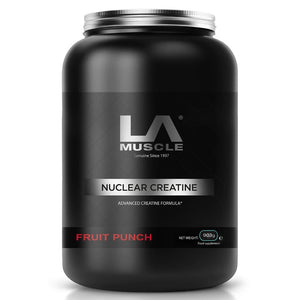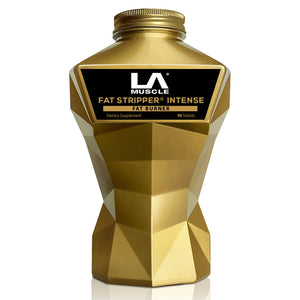
Everyone needs protein to live a healthy life, but older adults need it more. Protein is one of the most important nutrients because we need it for many processes in our bodies. It helps us to repair and increase our muscle, as well as make our bones stronger.
Older adults need more protein, especially when dealing with health conditions, hospitalised, or trying to lose weight. These periods may come with a lot of stress, and ageing may make it more difficult for the body to process protein. Unlike when you were younger, your ageing body needs more protein to maintain strength, muscle mass, bone health, and overall health.
Body composition changes with age as the body struggles to process protein. One of the ways that this manifests is a noticeable reduction in skeletal muscle. But there are other significant changes such as a decline in body water and potassium; physiologic protein such as immune system, organ tissue, and blood components. All of these result in slower healing of wounds, inability to fight infections, and slower healing.
With a tendency to be sedentary, older adults are prone to muscle degradation, lack of mobility, and loss of independence.
How much protein
So what is the recommended protein consumption for older adults?
The general recommended dietary allowance for protein is 0.8 grams per kilogram of body weight per day (for adults). For a 68kg woman, her daily protein consumption will come to around 55 grams; for a weighing 80kg, 65 grams of protein daily. It is crucial to note this standard RDA is a general guideline for adults and may not necessarily be adequate for older adults.
According to a 2013 study, the conclusion was that the protein consumption for healthy older adults should be about 1 to 1.2 grams per kilogram of body weight daily. This amount is a significant 25 to 50 per cent increase when compared to the RDA.
For older adults with chronic diseases, protein consumption of 1.2 to 1.5 grams per kilogram body weight is sufficient. But this quantity should be based on the type of disease, its severity, and other factors considered. Protein consumption for the malnourished or severely ill could get as high as 2 grams per kilogram of body weight. Protein consumption should be spread throughout the day since seniors' process protein at a slower rate, thus needing a larger amount of protein per meal.
Types of protein
To meet the standard protein requirement, you need to know the protein content of the foods you eat. Most foods contain protein, but they do not all contain the same quality and amounts. For this reason, you need to do some research about foods rich in high-quality protein. There are no restrictions concerning whether to consume animal or plant-based protein. However, animal protein offers more in terms of amino acids. If you are a vegetarian, you need to do more to find the balance of amino acids by eating different foods. Foods rich in high-quality protein include the following:
Tuna, Dairy foods, Eggs, Beans, Cottage cheese, Chicken, Salmon
Supplements
With protein supplements, you can get sufficient protein in addition to what you may be getting from your regular meals.
Make sure you go for high quality protein supplements like LA Whey Gold.


























